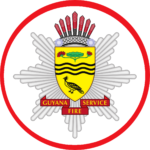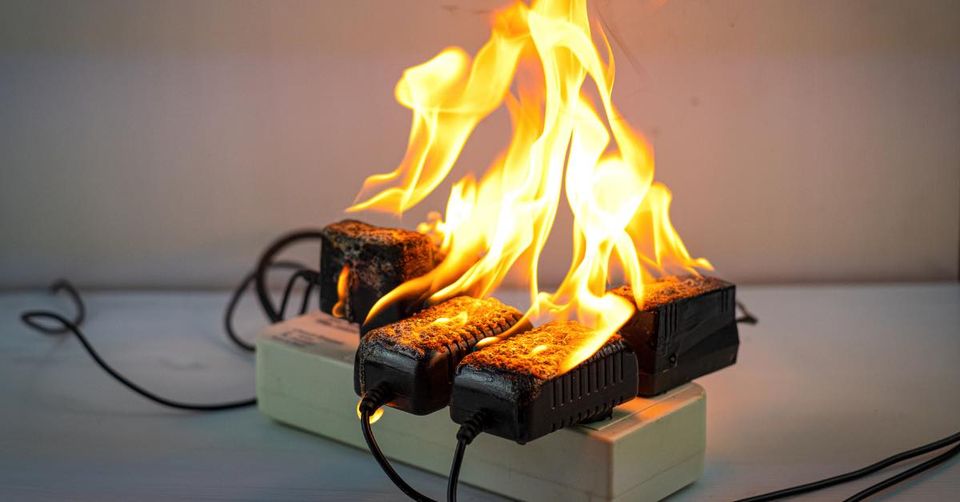The Guyana Fire Service has noted several recent reports of electrical fires at various parts of the country and is urging citizens to take the necessary precautions to avoid these tragedies.
Some of the main contributing factors of electrical fires include:
– Slack connections
– Overloading of circuits
– Malfunction of electrical appliances
– Inferior drop cords or circuit strips
– Illegal connections
Electrical fires are especially dangerous because they can happen at any time if enough care and attention is not exercised towards electrical outlets and appliances.
Follow these safety tips to avoid electrical fires:
– DESIST FROM USING ILLEGAL CONNECTIONS FOR ELECTRICITY.
– Inform the Guyana Power and Light (GPL) immediately of any external faulty electrical problem.
– Ensure all electrical cables are placed in a conduit (pvc pipe)
– Always use certified electricians to conduct and certify electrical works.
– It is recommended that buildings are inspected every five years by certified electrical inspectors to retest and certify the capabilities of all electrical connections.
– Desist from overloading the electrical system.
– Ensure the quality of circuit strips, wiring and electrical appliances used is of the highest standard.
– Avoid prolonged use of electrical appliances and remember to shut off and disconnect after use.
– Discard all cords and plugs that are worn or frayed
– Never break off the third prong on a plug to plug it into a two-pronged outlet
– Replace two-prong outlets with three-pronged outlets
When plugging in or unplugging items:
– Hold a plug securely to pull it from the wall. Pulling on the cord can wear the cord out and increase the risk of a short circuit, an electrical shock, or a fire.
– Use multi-outlet extenders, power bars, and surge protectors sparingly. Otherwise you can risk overloading a single circuit.
– Use extension cords temporarily. If you need the extra length more often, speak to a certified electrician to install additional electrical outlets.
– Avoid running electrical cords beneath carpets.
– Keep electrical cords away from sources of heat and water.
– Warning: When young children are present, cover unused outlets with safety plugs or install outlets with spring-latch covers.
Electrical appliance safety:
– Buy appliances approved by the Guyana National Bureau of Standards (GNBS)
– Follow manufacturer instructions.
– Disconnect small appliances (microwaves, toaster ovens, blenders, etc.) before cleaning them.
– Have defective appliances checked by a professional.
– Disconnect small appliances when not in use.
Electrical wiring:
– Older homes and apartments can have inadequate wiring. This can be a fire hazard and an electrical hazard. If your home matches any of the statements below, contact a certified electrician to inspect your electrical system.
Examples of inadequate electrical wiring:
– You notice that the lights dim when you use certain appliances.
– You unplug one appliance before plugging in another appliance, otherwise you may trip a circuit breaker or blow a fuse.
– You run multiple extension cords, or plug multiple cords into a single outlet because you don’t have enough outlets.
– Your furniture arrangement options are limited if you need to be close to electrical outlets.
– Your small appliances, such as toasters or irons, are slow to heat.

